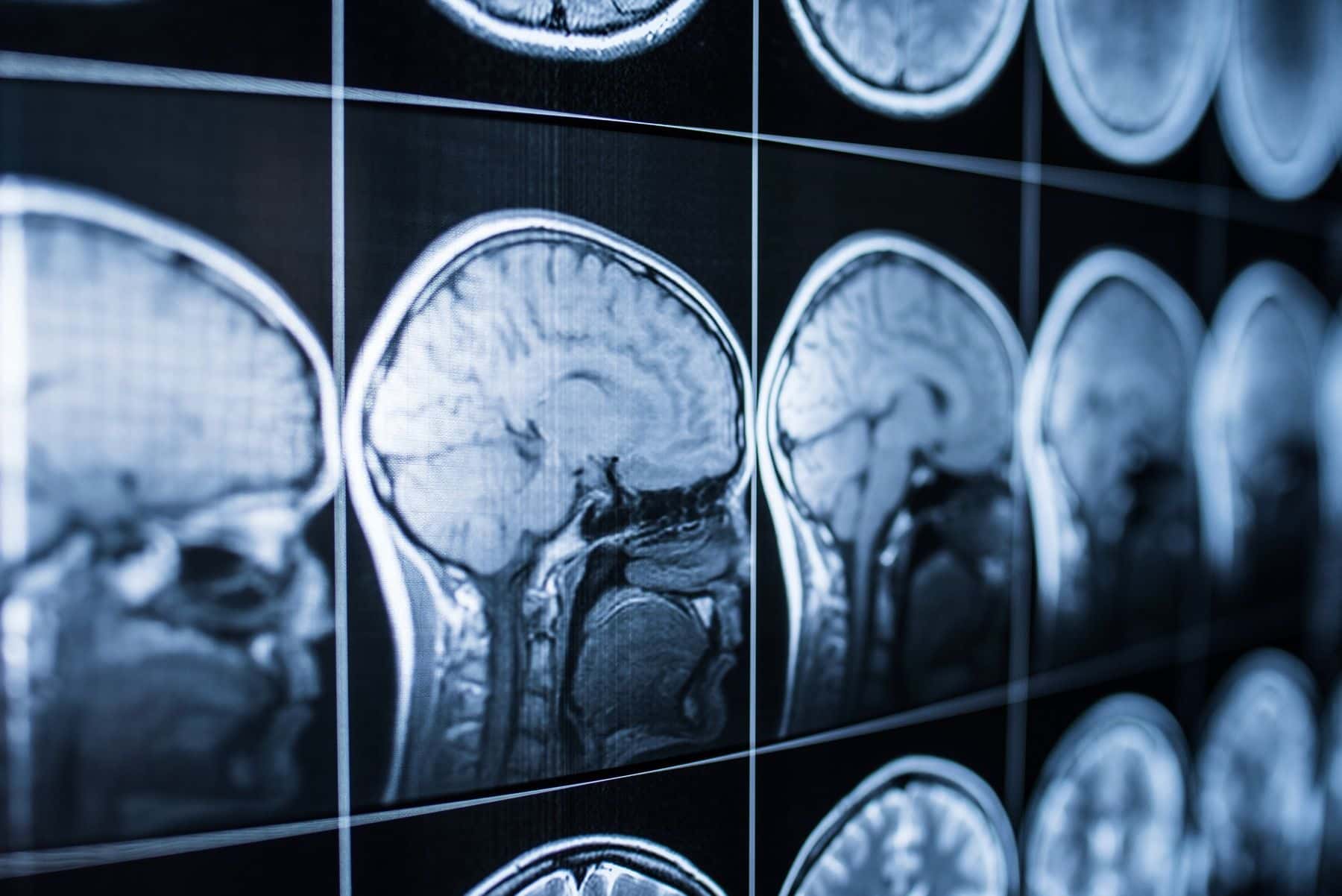Long-Term Neuropsychological Impacts of Pediatric Head Injuries
This case study explores a severe pediatric head injury, its long-term neuropsychological impacts, and the role of an expert in pediatric neuropsychology in assessing the patient's current condition and future treatment needs.
Updated on
Case Overview
This case study examines a complex medical-legal situation involving a five-year-old who suffered a severe head injury. A comminuted depressed fracture of the right frontal calvarium (skull) was associated with an epidural hematoma, causing significant pressure on the right frontal lobe and necessitating a craniectomy.
After the injury, the patient struggles with headaches, memory issues, learning difficulties, and cognitive impairments. To provide insight into the patient’s current condition and future treatment needs, an independent medical examination (IME) was sought by an expert in pediatric neuropsychology.
Questions to the Neuropsychiatry expert and their responses
How often do you manage the care of pediatric patients who are recovering from major head injuries?
In my practice as a forensic and clinical neuropsychologist, I frequently work with pediatric patients. Approximately 75% of my patients are under 18 years old. I regularly evaluate children with traumatic brain injury (TBI).
Based on your experience, what diagnostic hallmarks of post-concussion syndrome are likely to occur in the wake of similar injuries?
Broadly speaking, I would suspect that individuals suffering from similar injuries often exhibit issues related to sustained attention, executive functioning, processing speed, and occasionally memory. Additionally, these patients regularly struggle with psychological symptoms such as post-traumatic stress disorder (PTSD), depression, and anxiety.
About the expert
This expert is a seasoned psychologist with extensive experience in clinical psychology and neuropsychology. They have held various roles, including a cancer prevention counselor, clinical case manager, licensed clinical psychologist at a healthcare institution, and adjunct assistant professor at a college. Currently, they serve as an adjunct professor of psychology at a university, practice as a licensed clinical psychologist and neuropsychologist at two private practices, and own a psychological service in Pennsylvania.

E-1055656
Specialties:
About the author
Subscribe to our newsletter
Join our newsletter to stay up to date on legal news, insights and product updates from Expert Institute.
Sign up nowFind an expert witness near you
What State is your case in?
Subscribe to our newsletter
Join our newsletter to stay up to date on legal news, insights and product updates from Expert Institute.



